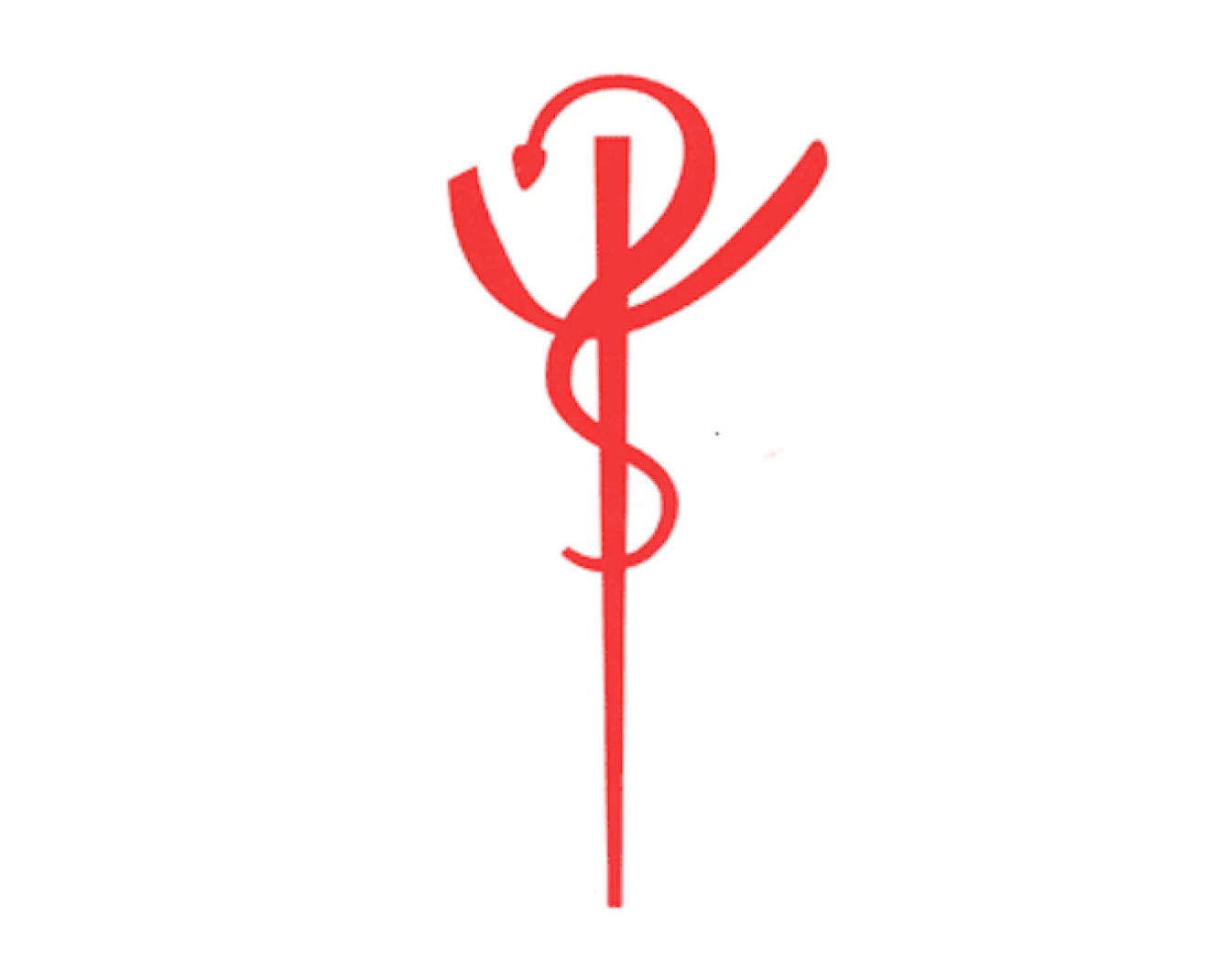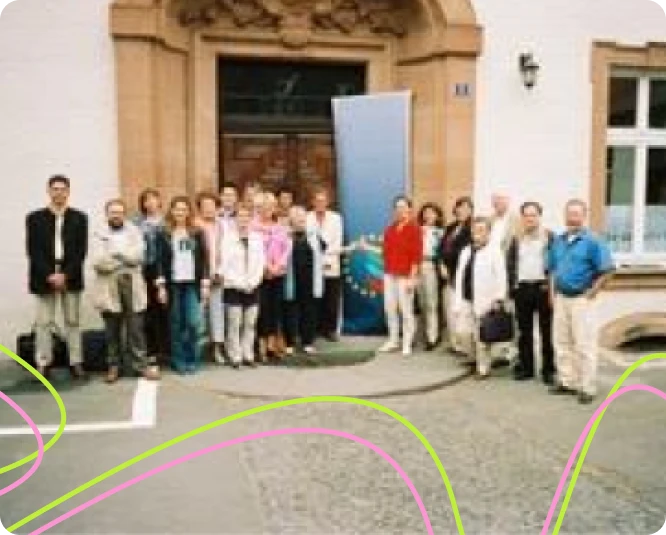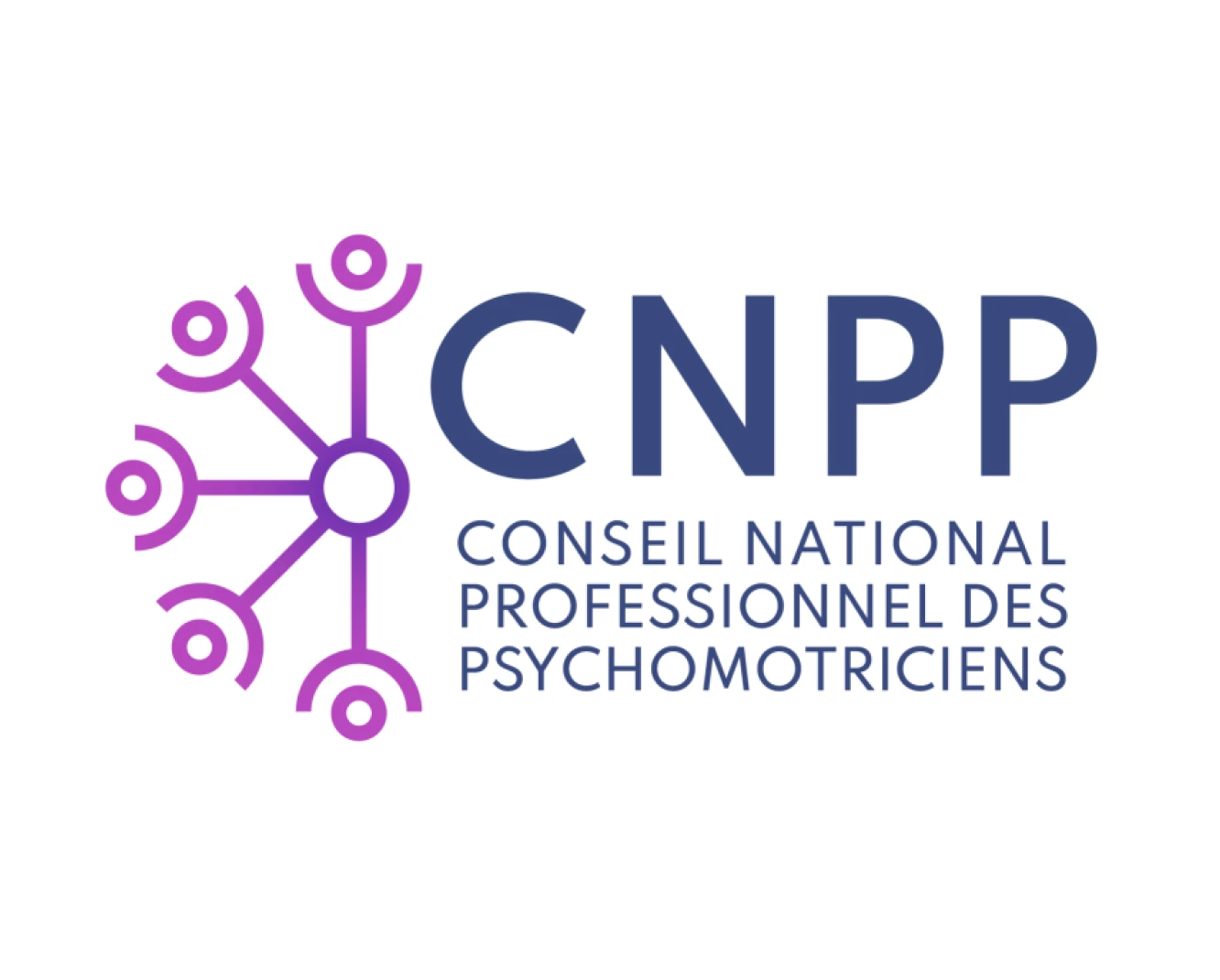France
France is home to approximately 68.4 million people and spans territories in Western Europe, the Indian Ocean, the West Indies, the Pacific, Antarctica, and South America.
The profession of psychomotor therapist is well-established across the country and is fully regulated by law as a recognized health profession. France has a national density of 23.6 psychomotor therapists per 100,000 inhabitants, highlighting its integral role in the healthcare system.
Professional recognition in France
In France, psychomotor therapist is a healthcare professional whose practice, carried out upon a medical doctor’s prescription, is regulated by law. The profession is therefore listed in Book IV of the Public Health Code and holds the status of an Auxiliary to Medicine.
The professional title is
Psychomotricien
Diplomé d’Etat (D.E)
The profession is
recognized
The profession is recognized as such by state health and educational authorities.
protected
The title of psychomotor therapist is protected and reserved for holders of the State diploma (Diplôme d’Etat).
state-regulated
The profession is regulated by the Health Ministry & the Higher Education and Research Ministry.
The exercise is defined and protected by the R4332 Article of the code of public health.
Educationin France
In France, obtaining the state diploma of Psychomotor therapist requires completing a full-time three-year degree at one of the following institutes, recognized by the French State.
N.B. Some institutes offer a work-study program.
Diplôme d’Etat (DE) de Psychomotricien
180 ECTS
French
In France, the Higher Institute of Psychomotor Rehabilitation (ISRP) collaborates closely with University of Murcia in Spain and Research Center for Psychology and Psychomotricity (CISERPP) in Italy, in order to offer a postgraduate degree in Psychomotricity.
Màster de formacion permanente en Psicomotricidad Internacional (MIP)
7 EQF level
French, Spanish
Paris – Institut Supérieur de Rééducation Psychomotrice (ISRP)
Working
in France
Get your diploma recognition
To exercise the regulated profession of psychomotor therapist in France, you must hold the State diploma or obtain authorization from the Regional Directorate for Economic Affairs, Employment, Labor, and Solidarity (DREETS), which evaluates the equivalence of your diploma.
Your request must be submitted to the DREETS in the French region where you wish to work.
Get to know the professional association
Fédération Française des Psychomotriciens (FFP) is the representative body of the psychomotor therapist profession in France.
The FFP represents the psychomotor therapists in all different National instances, such as the High Council of Paramedics Professions by Health Minister, National Council for Neurodevelopmental Disorders, Early Childhood Committee, etc.
Psychomotricity
in France
Originally based on the work of Julian de Ajuriaguerra and Giselle Soubiran in the 1950s and 1960s, the profession of psychomotor therapist gradually took shape and became a structured and recognized health profession applied in childhood, adolescence, adulthood, and old age with educational, preventive, rehabilitative, and therapeutic applications.
Turning points

1960's
First official education
1962 – A psychomotor rehabilitation education is created within the Faculty of Medicine of Paris La Pitié-Salpêtrière and Henri-Rousselle-Sainte-Anne hospital.
1964 – The National Union of Psychomotor Rehabilitation Therapists (S.N.R.P.) was established, with its primary focus on the recognition of the diploma. Today, it is known as the Syndicat National d’Union des Psychomotriciens (S.N.U.P.).
1967 – Gisèle B. Soubiran creates a private training institute, Institut Supérieur de Rééducation Psychomotrice (ISRP), in Paris.

1970's
Creation of the State-Diploma
As a result of the Fédération Française des Psychomotriciens (FFP) actions, the decree No. 74-112 establishing the State Diploma of Psychorehabilitation therapist (Psychorééducateur) is promulgated on February 15, 1974. The diploma is issued under the authority of the Ministry of Public Health
Psychomotricity training programs were officially launched at the Health Universities of Bordeaux and Toulouse, followed shortly by the opening of a similar program at the Health University of Lyon.
1995 – Attainment of the status of Auxiliary to Medicine.

1980’s & 1990’s
Full national registration of PMT as a heath profession
1988 – The Skills decree was published, officially outlining the roles, responsibilities, and scope of practice for psychomotor therapists.
1995 – The profession gained recognition as an Auxiliary to Medicine, formally integrating psychomotor therapists into the broader healthcare system.

1996
European Forum of Psychomotricity
The European Forum of Psychomotricity (EFP) is created,
with France as a founding member, represented by Philippe Choupin.

2000 ’s & 2020’s
Latest evolution of the profession
From 2008 – The French national health plan, Program of Actions for Persons with Alzheimer’s Disease, officially recommended psychomotor therapy as part of patient care.
2018 – The Conseil National Professionnel des Psychomotriciens (CNPP) is created, commissioned by the Ministry of Health. It plays a key role in continuing education for professionals and serves as the main liaison with the French National Authority for Health (HAS).
2021 – By 2016, around 1’000 psychomotor therapists were practicing in France, and by 2021, that number had grown to 15’000.
Psychomotor therapists’ interventions are now recommended by the French National Authority for Health (HAS).
FAQ
Here are few answers to frequently asked questions
in order to understand better Psychomotricity in France.
Do I need some special authorisation to practise in France?
In France, psychomotor care is provided on medical prescription and must be carried out exclusively by a state-certified psychomotor therapist, a healthcare professional.
In which fields can I work as a psychomotor therapist in France?
The psychomotor therapist conducts individual or group activities in psychomotor education, prevention, health education, rehabilitation/re-adaptation and therapy.
A psychomotor therapist can work in educational, health and medico-social sectors, including the private sector.
You will find some demographic information on the FFP website.
Is psychomotor therapy financially covered in France?
In France, if you receive psychomotor therapy from a psychomotor therapist in any public or private hospital, or in a medico-social or social institution, the treatment costs are covered by the national French health care insurance system, known as Sécurité Sociale.
However, if you seek psychomotor therapy through a completely private consultation, you may have to pay the full cost out-of-pocket.
This applies only if the professional is not affiliated with a health network or care pathway (such as Plateforme de Coordination et d’Orientation PCO, réseau de soin, etc.), does not participate in special payment systems (like ôle de compétences et de prestations externalisées PCPE), or is not connected with the Departmental House for Disabled Persons (MDPH).
In cases of recognized disability, the allowance determined by the Departmental House for Disabled Persons (MDPH) will take into account the cost of psychomotor care incurred.
Is psychomotor therapy subject to a medical prescription in France?
In France, as a paramedics profession, the psychomotor therapist provides care based on medical prescription.